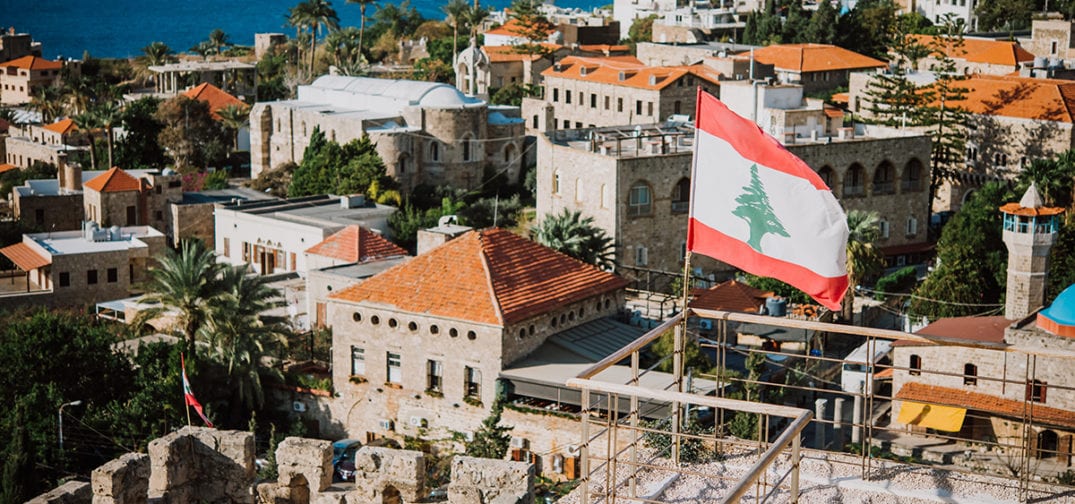Lebanon’s parliament passed medical cannabis legalization on Tuesday; however, according to a Newsweek report, there is some skepticism whether the law can be successfully implemented due to opposition from Hezbollah and their political allies.
In addition to allowing cannabis cultivation for medical purposes, the measure aims to create an industry for cannabis health and wellness products – such as CBD – along with industrial hemp. The move was recommended by the nation’s economic advisers prior to the coronavirus pandemic as the country faces an $80 billion debt and defaulted on its debt for the first time last month, the report says.
In 2018, Raed Khoury, Lebanon’s former caretaker minister for economy and trade, told Bloomberg News that legalization of medical cannabis and industrial hemp could bring in about USD$1 billion annually to state coffers.
Activists had called for broad legalization, including amnesty for most cannabis-related drug charges and sentence reduction policies, but those measures were sent back to a parliamentary committee for further review.
Hilal Khashan, a professor of political studies and public administration at the American University of Beirut, told Newsweek that Hezbollah would need “to get its share” from the implementation of the new law if there are to accept its ratification. Khashan noted that Hezbollah “is a primary beneficiary” of Lebanon’s illegal cannabis trade. The United Nations lists Lebanon as the third-most-common source for hashish in the world.
The effort follows up on a 2018 plan by global consulting firm McKinsey & Co. to revitalize the nation’s economy.
Get daily cannabis business news updates. Subscribe
End
